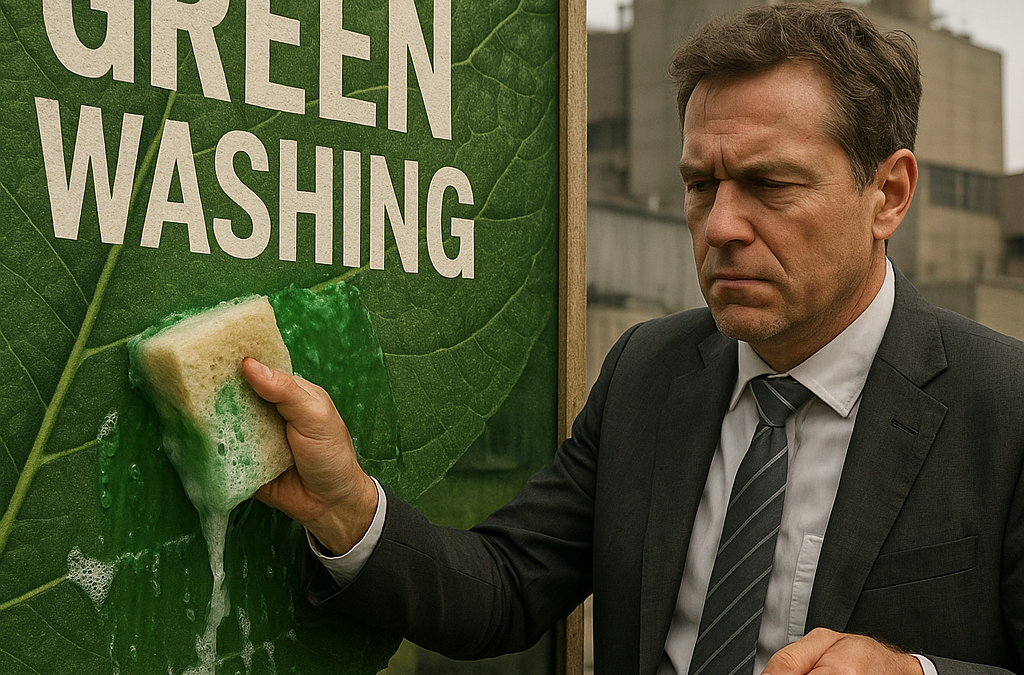In recent years, the word sustainability has become the new corporate mantra. Shiny reports, campaigns with green leaves, and climate commitments for 2050 dominate the headlines.
However, while marketing flourishes, reality tells a different story: many of these initiatives remain a showcase. A case of luxury greenwashing that disguises traditional practices without transforming the heart of the business.
The paradox of corporate purpose
There have never been so many companies talking about purpose and, at the same time, so much public distrust toward corporate speech.
According to the European Commission, more than half of the “green” claims communicated to consumers lack verifiable evidence. In the US, ESG funds have suffered massive withdrawals after the solidity of their criteria was questioned.
The result is clear: more communication than transformation.
When green is just a backdrop
The fashion sector is a clear example: “eco” capsule collections while overall production keeps growing exponentially.
In tourism, some hotels boast about eliminating plastic straws but maintain business models dependent on massive low-cost flights.
Even energy companies celebrate investments in renewables while increasing their fossil-based business.
The problem is not communicating sustainability, but doing so without rigor or real change. Consumers are increasingly demanding, and investors are already turning their backs on projects that only sell green cosmetics.
From storytelling to evidence: the double return
The new frontier is clear: measurable social and environmental impact.
Europe demands it through the CSRD, which requires reporting with the same seriousness as financial accounts. Standards like B-Corp or methodologies such as SROI are also setting the tone.
In the US and Europe, major funds are not looking for speeches but for data that demonstrate a “double return”: financial and social/environmental.
Companies that dare to go further
Not everything is negative. There are companies already leading the way:
-
Ferrer (Spain): redefined its strategy under the motto business for good, giving up on growth at any cost.
-
Dr. Bronner’s (US): a family-owned natural hygiene company that allocates most of its profits to social and environmental projects, pays fair wages, and runs a business radically aligned with its values.
These are companies that understand purpose not as a communications department, but as a business model.
The future: brave companies, not more green storytelling
What we need is not more green storytelling, but brave companies capable of making profitability compatible with social and environmental justice.
That also means reinventing communication: making it more honest, more real, and deeply connected to business strategy and to what audiences truly want to understand and feel.
The market will reward those who take this path. The rest, those indulging in luxury greenwashing, will soon be exposed.

